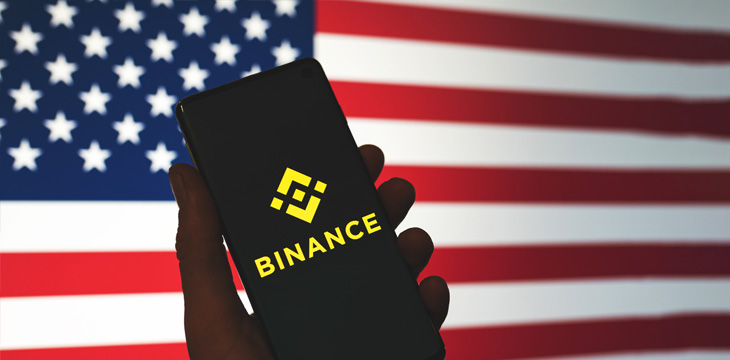|
Getting your Trinity Audio player ready...
|
In a flurry of court filings, New York and federal finance regulators lodged multiple objections to the proposed billion-dollar deal, on the grounds that it could prove discriminatory and unlawful.
On Wednesday, the U.S. Securities Exchange Commission (SEC) joined the New York State Department of Financial Services (NYDFS), the New York Attorney General (NYAG) and the Federal Trade Commission (FTC) in filing separate oppositions to the $1.02 billion deal by Binance.US to purchase assets of bankrupt digital asset lender Voyager.
The SEC complaint focuses on Binance.US not adequately explaining how they would repay Voyager’s former customers in compliance with the federal securities laws.
Under the current deal the transactions in digital assets necessary to rebalance and redistribute assets to account Holders, “may violate the prohibition in Section 5 of the Securities Act of 1933 against the unregistered offer, sale, or delivery after sale of securities,” the SEC said in its filing—citing particular concerns with regards to the VGX token issued by Voyager.
Since the FTX crash the SEC has come under increasing criticism and pressure to mitigate future disasters in the digital asset space, including how digital asset companies handle their balance books and customer accounts.
The regulator was particularly concerned as to whether Binance.US would have the funds to back up the proposed sale plan, citing “numerous public reports and press accounts” of investigations into Binance, with potential fines on the horizon that might make it “unfeasible” or even “impossible” to consummate the plan.
An unpopular deal
The New York State’s Department of Financial Services (NYDFS) and Attorney General Letitia James also filed their opposition to the proposed deal on Wednesday.
The objections included concerns that the sale plan would unfairly discriminate against New York account holders, who won’t be able to reclaim their digital assets for six months while Binance.US gains approval in the state.
The NYDFS also levied the more serious allegation that Voyager was unlawfully serving customers in New York state.
“Despite the fact that none of the Debtors are licensed in New York, the Department is aware of allegations and other information indicating that one or more of the Debtors may have operated and may be continuing to operate in New York in violation of applicable law,” the filing claimed.
It went on to suggest that Voyager onboarded New York customers and in doing so “illegally operated a virtual currency business within the state without a license, in violation of New York laws and regulations.”
Muddying the water’s further, the same day that the SEC, NYDFS and NYAG were filing their objections to the proposed deal, the Federal Trade Commission (FTC) announced it was probing Voyager for deceptive marketing practices and does not want any plan to wind up the affairs of the company to interfere with its investigation.
Filing its own objection to the deal, the FTC stated: “The Debtors’ proposed plan should not be confirmed because it impermissibly seeks to give the Debtors a discharge to which they are not legally entitled.”
The agency further requested that the court, “deny confirmation of the proposed plan or strike the releases and injunctive provisions.”
Voyager’s bankruptcy journey
After filing for bankruptcy in July 2022, Voyager initially agreed to sell its assets to FTX, who beat Wave Financial and Binance to the deal.
However, after FTX itself went into bankruptcy on November 11, 2022, Binance swooped back in for the assets and came to an agreement with Voyager in December.
The SEC was quick to question the deal, and on January 4, 2023, the regulator filed a limited objection, raising doubts about Binance.US’ ability to afford the move.
Despite this objection, in January U.S. Bankruptcy Judge Michael Wiles in New York allowed Voyager to enter into the asset purchase agreement with Binance.US and begin to solicit creditor votes on the sale, which will not be confirmed until a future court hearing.
This week’s string of court filings throws the proposed asset sale into doubt, and if Binance.US wants to get its deal past the SEC it may have to begin embracing the unfamiliar concept of transparency when it comes its finances.
Follow CoinGeek’s Crypto Crime Cartel series, which delves into the stream of groups—from BitMEX to Binance, Bitcoin.com, Blockstream, ShapeShift, Coinbase, Ripple,
Ethereum, FTX and Tether—who have co-opted the digital asset revolution and turned the industry into a minefield for naïve (and even experienced) players in the market.

 02-27-2026
02-27-2026 




